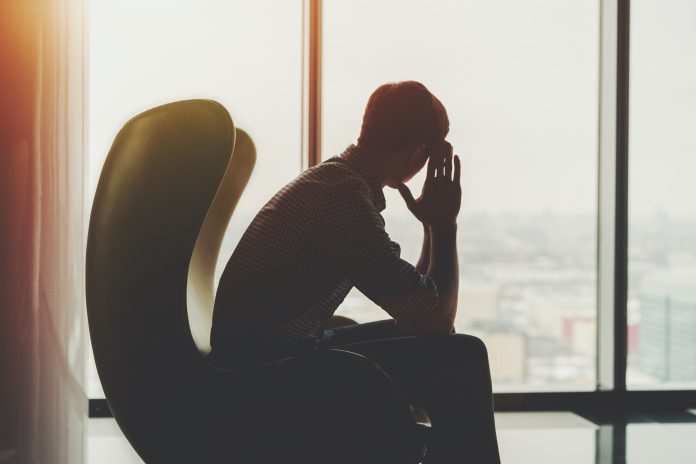The NSW Government announced a $130 million boost to provide immediate access to help for anyone whose mental health has been impacted by the Covid-19 pandemic.
The funding boost will provide more appointments for psychology and psychiatry services, address the sharp rise in eating disorders and self-harm presentations, free up more mental health beds and launch the biggest suicide prevention training program ever undertaken.
Premier Dominic Perrottet says the lockdown combined with working from home and home schooling has seen a record number of people reach out to crisis lines.
“This funding means that parents, children and the most vulnerable in our community can get the help they need now,” says Mr Perrottet.
“As we navigate the economic recovery from this pandemic we must also support people’s mental wellbeing along the way.”
According to Flourish Australia, one of Australia’s largest community managed mental health providers which supports over 9,300 people with complex mental health issues to live meaningful lives in their communities, the support is essential for NSW’s Covid-19 recovery.
“The disruption and uncertainty of the past 20 months have put significant stress on people and communities, and the mental health sector has felt this pressure – this investment is certainly needed and will be very well used,” says Flourish Australia Chief Executive Mark Orr.
Mr Orr says he is keen to see more detail of the package but the $21 million to support new Aboriginal care navigator and peer worker positions, a $20 million injection for headspace centres, and $5 million for local community wellbeing events, amongst other things were all very welcome initiatives.
“Peer support services are an under-utilised resource in the mental health system – but we know the work peer workers do is so powerful,” says Mr Orr. “Flourish Australia sees the power of peer workers every day in our own work. Their authentic and meaningful support, based on their own lived experience, is a great source of hope, and helps people see a way forward.” Mr Orr says community-based mental health initiatives are key to addressing gaps in the mental health system and supporting suicide prevention.
“For many people with a lived experience of a mental health issue, particularly those with complex mental health experience, there is a gap in what mental health support is available in the community.”
“People with lived experience of complex mental health issues should not be forgotten as we envision what a comprehensive mental health system looks like post lockdown.”
“Community-based mental health meets people where they’re at, in their community. It enables people to access appropriate supports when and where they need it most.”










